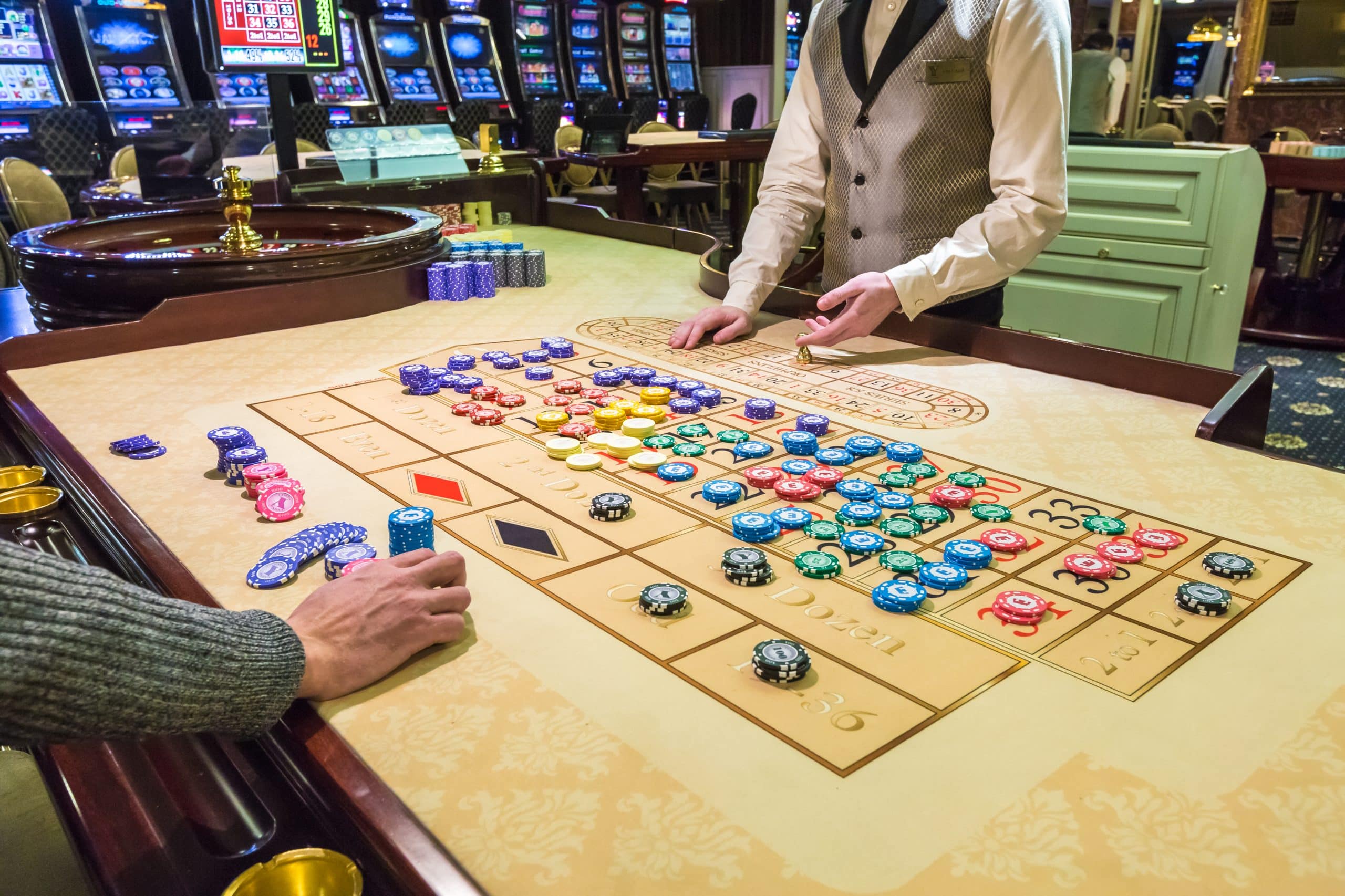The casino floor never stops moving. Machines are buzzing, guests are celebrating—or complaining—and employees are expected to keep pace with every high-stakes moment.
It’s fast, intense, and full of energy. But beneath the surface, many employees are quietly struggling with stress, burnout, and mental fatigue, and they don’t always feel like they have the time or permission to talk about it.
As Mental Health Awareness Month brings attention to mental well-being in the workplace, it’s worth asking…
Are we doing enough to support mental health in gaming and hospitality?
The Unique Pressure of Working in Casinos
Casino employees face a very different kind of workday. Long shifts. Late hours. A customer-first mindset that leaves little room to reset. Whether it’s a dealer at a table game, a valet handling late-night crowds, or a cocktail server balancing service with safety, these roles demand emotional endurance, and they take a toll.
Research shows that the unique occupational demands of casino employees contribute to long-standing emotional exhaustion and challenges in stress management.
Unlike in traditional office environments, downtime is rare, and stress relief can’t wait until after the shift. Mental health isn’t a luxury here. It’s essential for keeping teams functioning, guests satisfied, and safety at the forefront of the mind.
Why Traditional Wellness Efforts Often Miss the Mark
Many companies now offer mental health resources, but few are designed with the gaming industry in mind. Posters in breakrooms, apps with long mindfulness sessions, or access to resources after hours aren’t always accessible or practical for staff working midnight shifts or running from pit to pit.
Worse, there’s often a quiet stigma that lingers in customer-facing roles where employees feel pressure to “power through” stress without showing vulnerability. When that’s the norm, people stop asking for help.
Managers Set the Tone Even in High-Stress Environments
If you’re a casino or gaming manager, you know how hard your team works. But in the rush of daily operations, it’s easy to overlook the signs of burnout. This is where leadership plays an essential role.
Supporting mental health doesn’t mean turning every team meeting into a therapy session. It means creating an environment where well-being is part of the culture, not an afterthought.
Here’s what that can look like:
- Acknowledging stress in team huddles instead of ignoring it.
- Encouraging short breaks without guilt, even during busy shifts.
- Sharing resources that actually fit into their schedules and routines.
Practical Support Your Employees Can Use Right Now
Mental health resources should be immediately useful, especially in the gaming and hospitality space. That’s why we offer simple, accessible tools that help employees reset, recharge, and return to the floor with clarity and focus.
Two of our most popular resources include:
5-Day Challenge to Improve Mental Health
A short, guided challenge designed to help employees take control of their mental wellness one day at a time. It’s practical, flexible, and easy to complete in just a few minutes a day.
9 Simple Stress Busters You Can Try Today
No time for long sessions? No problem. This micro-course delivers real-world stress management techniques that can be used during breaks, on the floor, or after a long shift.
Both options are great tools to include in your ongoing employee development, onboarding, or shift training. They’re not designed to replace professional help, but they do create a healthier baseline for everyone on your team.
Prioritizing Mental Health on the Casino Floor
Casinos are built for high energy, but your team can’t run on adrenaline alone. Supporting mental health in gaming starts with recognizing the realities of the work and offering real solutions that meet employees where they are.
Mental Health Awareness Month is the perfect time to start the conversation, but lasting change comes from the daily choices managers make.
Ready to support your team’s mental wellness without adding more to your plate? Reach out for a free demo where we’ll show you our practical, ready-to-use mental health micro-courses.

